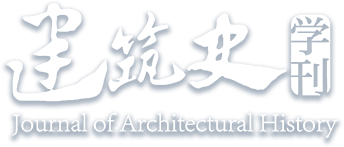Abstract:
Modern city planning as an independent discipline was formally established in the early years of the twentieth century. However, with the rise and spread of Progressivism in the late nineteenth century, social, economic, and political reforms gained momentum in Western countries, due to the efforts of journalists, radical liberal politicians, economists, and social activists, covering almost every area such as slum clearance, housing reform, municipal governance, or land tax reform. This step not only changed people’s mindset and transformed the urban landscape, but it also provided a solid foundation for the emergence of city planning as a discipline and pushed forward the boundaries of its concepts and practices. Focusing on a few outsiders/ interlopers rarely mentioned in planning history, this paper explores how the policy and spatial practices used by these people relate to the emergence and development of city planning in its formative years.


 下载:
下载: